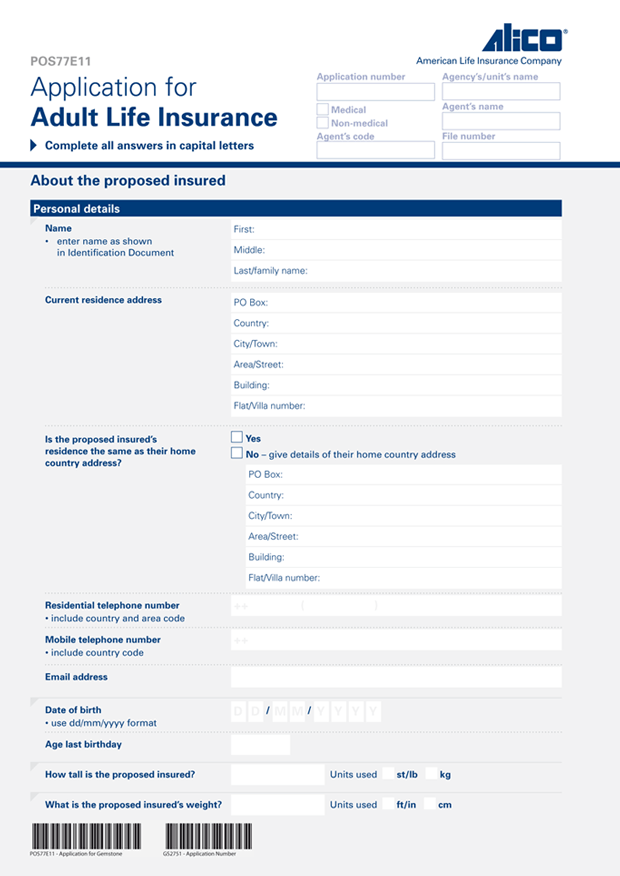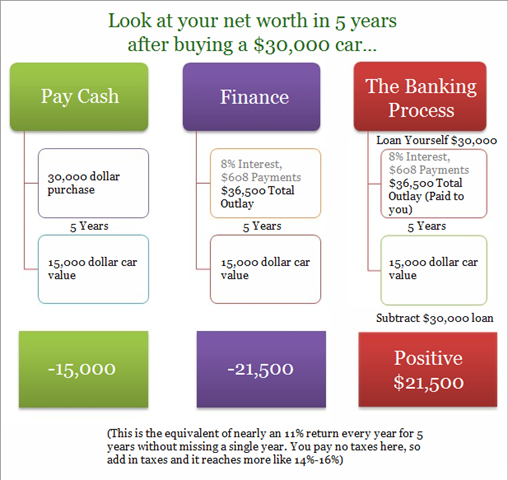The basics of insurance dividends
Post on: 16 Март, 2015 No Comment

Receiving money from your insurance company often means that something bad has happened to you. But some insurers do pay you under good circumstances. These payments are known as dividends.
Policy dividends are a return of premium, which means that if your insurer had an overall good year, it will give you back part of the premium you paid for your insurance policy .
But not all insurance companies pay dividends, nor do all insurance policies. Here’s a look at how you can find out whether you can expect a dividend check from your insurance policy, and how much you might get.
Your money back but not guaranteed
Which dividend is which?
The word dividend is often thrown around so loosely that its meaning gets confusing. Thus it is important to note the difference between a policy dividend and a stock dividend.
A policyholder dividend pays a return of premium back to the policyholder if the company has strong financial results and a lower-than-expected number of claims. These are paid by mutual insurance companies, in which ownership lies with policyholders.
A stock dividend is declared by a publicly traded stock company. Insurance companies generally issue stock dividends to stockholders to compensate for when the company is not growing at astronomical rates, according to Michael Snowdown, a faculty member at the College for Financial Planning in Denver. If you don’t have a good plan to grow, you have to declare a dividend, he says. Otherwise, people are going to drop your stock.
Thus, in order to receive a stock dividend from an insurance company, you must be a stockholder, but you don’t have to be a policyholder. You can be both, but it means buying stock as well as a policy.
Whether or not you receive a dividend on your insurance policy depends on three factors:
- Loss experience: An insurance company anticipates how many claims it will have in a given year by examining its claim history. If your insurer pays out fewer claims than expected, you have a better chance of receiving a dividend.

- Investment performance: Your insurance company invests the money it saves for reserves and other contract obligations. If the investments perform well, you have a better chance of receiving a dividend.
- Expenses: Expenses include everything associated with the cost of selling insurance, from agent commissions to advertising to office expenses. If your insurance company spends less than anticipated, you have a better chance of receiving a dividend.
If the insurance company has an off year, meaning that its financial performance in those areas is poor, it likely will not pay a dividend. However, it does not need favorable results in all areas to pay a dividend. For example, the insurer still may pay a dividend if its expenses were higher than anticipated but its investments posted record results. Snowdown says insurers also take revenues into account, but revenue is a lesser factor because it is not as easy to predict as expenses, investment returns, or loss experience.
Insurers pay dividends not only to pass on savings to policyholders, but also to get a substantial tax break. Karen Horvath, vice president at A.M. Best, an insurance ratings company based in Oldwick, N.J. says that dividends are subtracted from a company’s income, thus lowering the amount of taxes it must pay.
Who gets dividends
Paying back policyholders














